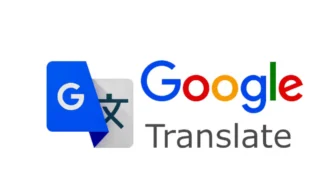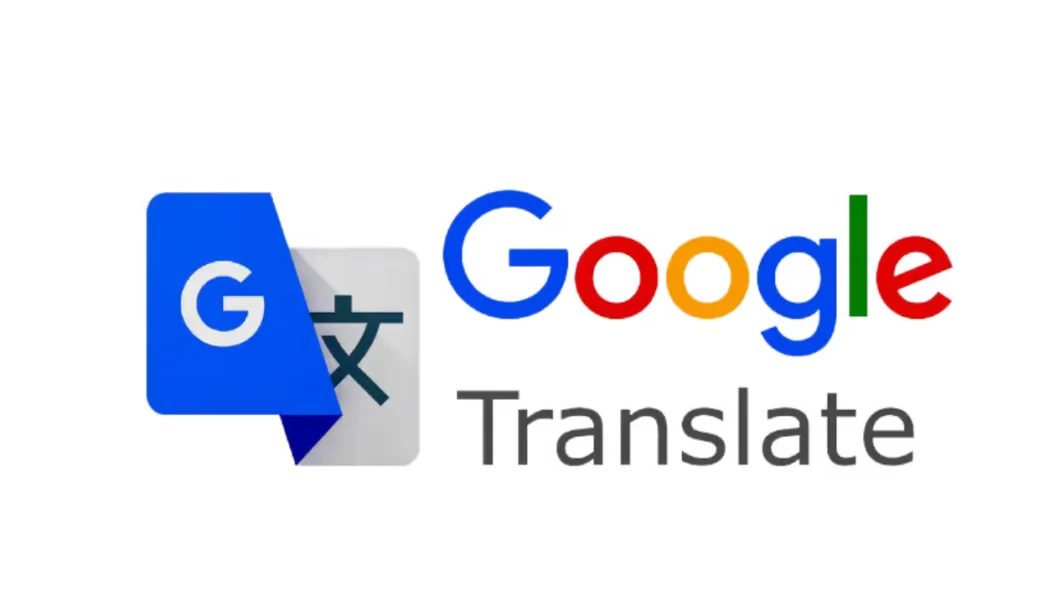In a powerful move towards digital inclusion, Google has announced the addition of 15 African languages to its Translate and Search services, opening up the web for millions across the continent.
This expansion brings languages such as Yoruba, Igbo, Kikuyu, Somali, and Oromo to the fingertips of over 300 million African users, marking a substantial leap in Google’s commitment to fostering cultural diversity online.
The newly added languages include Yoruba, Igbo, and Hausa from Nigeria, and Somali and Kikuyu from Kenya, creating fresh opportunities for users to access information, communicate, and learn online in their native dialects.
“This technology will make a difference to over 300 million more people across the continent,” said Alex Okosi, Google’s Managing Director of Africa. “It enables them to interact with the web with just their voice, even in their mother tongue.”

Among the highlighted updates are Kikuyu and Somali for both Search and Translate features, allowing Kenyans and Somalis, as well as their global diaspora, to engage more comfortably online.
As part of a broader expansion strategy, Google also introduced Voice Search capabilities for Kikuyu and enhanced Gboard support, which makes it easier to type and search in the language on Android devices.
Kikuyu, a language spoken by over 8 million Kenyans, and Somali, spoken by 27 million people across Kenya, Somalia, and Ethiopia, are pivotal additions that enrich Africa’s digital landscape.
In addition to Kenyan languages, other widely spoken African dialects were included. According to Matt Brittin, Google’s President for Europe, the Middle East, and Africa, this move is part of a larger “initiative to make technology more accessible to Africans as more people are expected to access the internet across the continent.”
Google’s decision resonates beyond just access—it’s a push to celebrate African cultures, preserve languages, and provide more personalized services for African users.
How do you think Google’s expansion to more African languages will impact accessibility and communication across the continent? Let us know your thoughts!
Read More:














